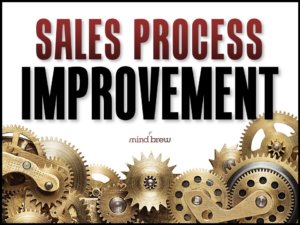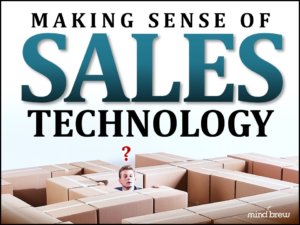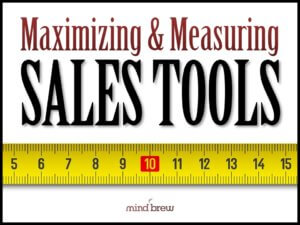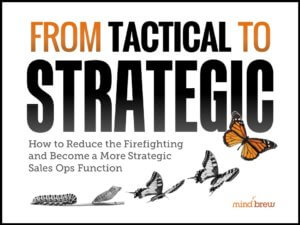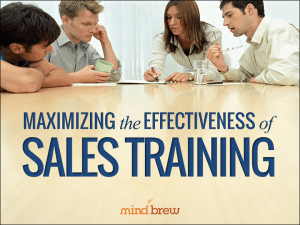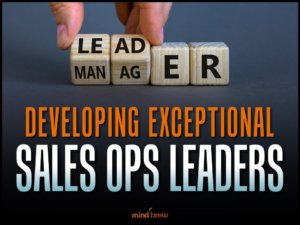When designing sales processes, Sales Ops groups have a tendency to over-engineer and over-complicate things right from the outset. Here’s how it typically plays out:
The team gets together in a meeting room…or on a Zoom conference…to start mapping the process flows. Of course, everyone wants to contribute something to the effort. And there’s often an underlying “more is better” mindset involved.
So every possibility gets explored. Every contingency is covered. Every major…and minor…process step and loop is included in the design. And the end result seems very complete and even somewhat elegant…on paper.
In the field, however, the seemingly-robust process design inevitably falls apart and fails miserably.
As we discuss in the Sales Process Improvement webinar, it’s much better to start with a very simple process and make sure that works before adding further complexity. In fact, this is not just a good idea…it’s the law! Well…in a manner of speaking…
You see, John Gall wrote a book on systems theory. And in that book, he put forth a very sound rule-of-thumb that has since become known as Gall’s Law:
A complex system that works is invariably found to have evolved from a simple system that worked. A complex system designed from scratch never works and cannot be patched up to make it work. You have to start over with a working simple system.
When you really think about it, this just makes intuitive sense. Because you can’t possibly know everything in advance, you can’t possibly design a complex system from scratch that is likely to work. After all, it’s almost guaranteed that something unforeseen will throw a wrench into that elegant machine you’ve designed.
On the other hand, there’s much less uncertainty around the basic process elements or fundamental steps. And with fewer variables to deal with, it’s easier to see what’s working, what’s not, and where further complexity is actually warranted and would be beneficial.
Now make no mistake, Gall’s Law does not in any way suggest that simple systems and processes will always work. In fact, Gall is very deliberate about qualifying his statement; saying that you need to start with a working simple system.
Nevertheless, Gall’s Law provides a great catalyst for changing the objectives and parameters of your sales process design efforts.
Instead of trying to design the ultimate system from the get-go, make it your objective to first design the simplest system that will work. Then, plan to build on that basic process over time with further improvements and modifications, as you learn from in-market performance and feedback.
And if you feel the need for some internal “cover” for being overly simplistic at the outset, you can call it a prototype, proof-of-concept, or pilot program. As we highlight in the webinar, starting with a pilot program is a great idea, too!

